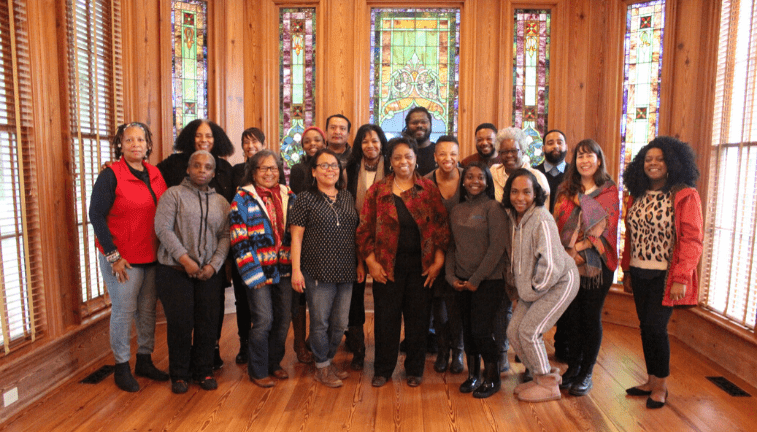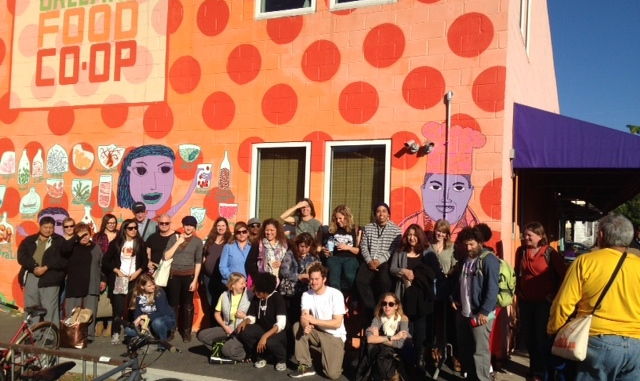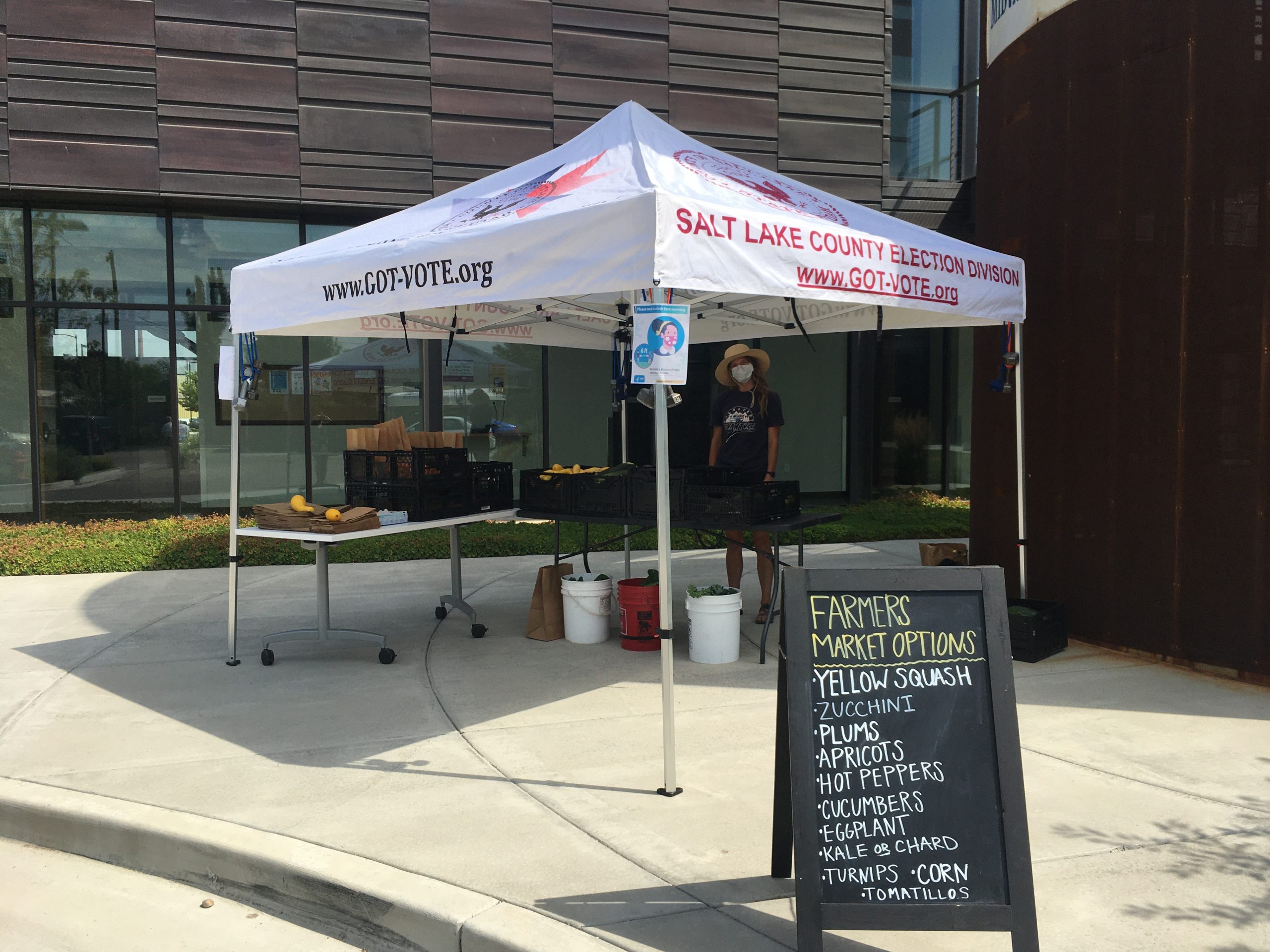
Farm Worker Rights in the USA
Jenae Ridge
In the United States today, 75% of farmworkers are immigrants or migrant workers, while the majority of managers and landowners are white. The Fair Standard Labor Act (FSLA) provides most workers in the workforce with protection against unfair treatment. These farmworkers, however, excluded from many of these. For example, farmworkers are excluded from overtime pay provisions. This allows them to work long and hard hours in one of the most hazardous industries in our country. Furthermore, if a farm employs fewer than 7 workers in a calendar quarter, they are even exempt from the minimum wage provisions in the FSLA.
Now with COVID, farmworkers are deemed necessary. Not only are they working long hours to feed our country during a pandemic, they are at a higher risk for contracting Covid-19 and have no healthcare insurance or paid sick leave. In addition to earning low wages, many farmworkers experience food insecurity at higher levels.
Who is making change?
There are some amazing forces out there that are bring change the system and protect farmworkers rights.
Farm Worker Justice
Farm Worker Justice is an advocacy group out of Washington D.C. that “seeks to empower migrant and seasonal farmworkers to improve their working and living conditions, immigrant status, health, occupational safety, and access to justice.”
Heal Food Alliance
“HEAL’s mission is to build our collective power to create food and farm systems that are healthy for our families, accessible and affordable for all communities, and fair to the hard-working people who grow, distribute, prepare, and serve our food — while protecting the air, water, and land we all depend on.”

Domestic Fair Trade Association
“The Domestic Fair Trade Association (DFTA) is a membership organization. Members include farmworkers and their organizations, farmers and farmer groups, retailers, NGOs, and food intermediaries such as distributors, processors, and manufacturers.” DFTAs mission is “to promote and protect the integrity of domestic fair trade.”

If anything, COVID has shown us the fractures that have been present in our food system for generations. It has also made the communities of people who our society has tried to make invisible, visible.



